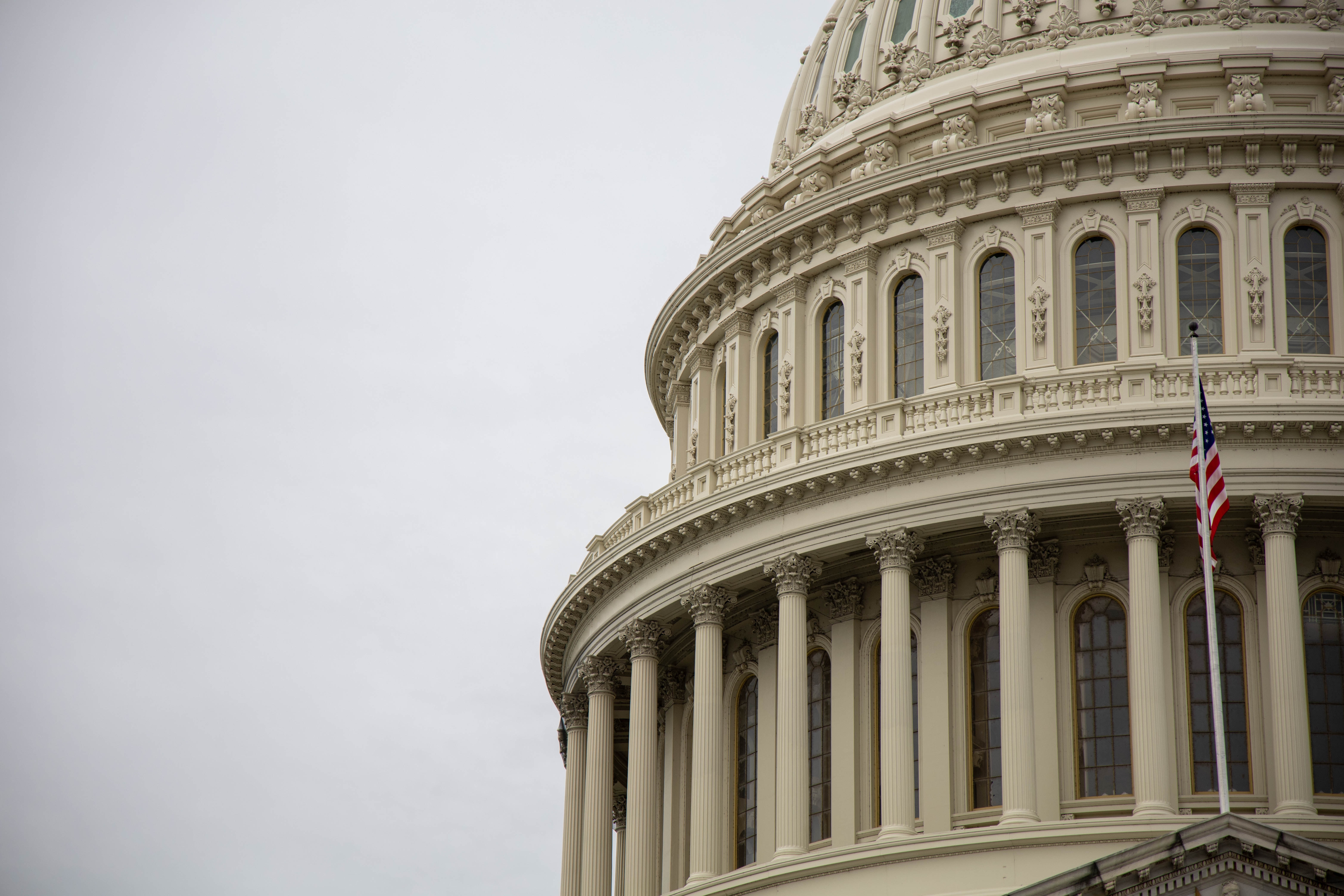Politics is more than a subject reserved for politicians and pundits. It plays a pivotal role in shaping our societies, affecting everything from education to healthcare to environmental policies. Participating in politics can be an effective way of influencing these policies and bringing about change. This comprehensive guide will walk you through the steps to get involved in politics, highlighting the challenges and rewards of political involvement.
Understanding Politics and Its Importance
Before diving headlong into the political landscape, it's crucial to understand the workings of politics and why it's significant. Politics revolves around the exercise of power and the competition and struggle for that power. It involves making collective decisions and establishing rules that govern society.
Involvement in politics influences decisions that impact every facet of our lives, from local community issues to global concerns. Political involvement is essential for individuals to have a say in these decisions.
Steps to Get Involved in Politics
1. Educate Yourself
The first step to getting involved in politics is to educate yourself. Understand the political system in your country, its structure, major political parties, and their platforms. Familiarize yourself with current issues and policy debates. Resources can include reputable news sources, books, documentaries, political podcasts, and more.
2. Determine Your Political Beliefs
As you learn more about politics, you will start to form opinions on various issues. Reflect on your values and beliefs and understand how they align with different political ideologies. Knowing where you stand politically will guide you in your political involvement.
3. Get Involved Locally
Local politics significantly affect our daily lives. Start by attending local government meetings, joining neighborhood associations, or participating in local campaigns. Getting involved at the local level can provide practical experience and allow you to make an impact in your community.
4. Join a Political Party or Group
Joining a political party or group that aligns with your beliefs can provide opportunities for involvement. Attend meetings and events, volunteer during elections, or work your way into leadership positions.
5. Volunteer for a Campaign
Volunteering for a political campaign can be an excellent way to gain experience and network. Whether it's a local, state, or national campaign, there are usually various roles available, from door-knocking to data entry.
6. Advocate for Issues You Care About
Advocacy involves pushing for changes in policy, law, or behavior in service of a cause. Choose an issue you're passionate about, and get involved by raising awareness, organizing events, or lobbying policymakers.
7. Run for Office
If you're passionate about making a change, consider running for office. Start with local offices and gradually gain experience and recognition. Running for office is a significant commitment, but it's also one of the most direct ways to influence politics.
The Roles of a Political Volunteer and Campaign Worker
Whether you're volunteering for a campaign or working as a paid staff member, there are numerous roles you can undertake.
Canvassing: This involves going door-to-door to talk to potential voters about a candidate or an issue.
Phone Banking: You can make calls to potential voters to educate them about your candidate or cause and encourage them to vote.
Fundraising: Campaigns often rely on donations to fund their activities. As a fundraiser, you'll help organize fundraising events or conduct outreach to potential donors.
Event Planning: Political campaigns frequently hold events to engage with the community, and volunteers may be involved in the planning and execution of these events.
Social Media Management: In the digital age, managing a campaign's social media presence is critical. This role may involve creating content, engaging with followers, and monitoring online discussions.
Profiles of Successful Political Involvement
There are numerous inspiring stories of individuals who started with limited political experience but made significant impacts.
Alexandria Ocasio-Cortez: A former bartender, Ocasio-Cortez ran for office without any political experience. She campaigned door-to-door in her district and went on to become the youngest woman ever to serve in the United States Congress.
Greta Thunberg: As a teenager, Thunberg began advocating for climate change awareness. Her solitary protests outside the Swedish Parliament sparked a global movement, demonstrating the power of advocacy.
Nelson Mandela: Starting as an activist against apartheid, Mandela faced severe challenges, including a 27-year imprisonment. Despite this, he remained committed to his cause and eventually became South Africa's first black President, proving that perseverance can lead to monumental change.
Challenges in Political Involvement
While political involvement is important, it's not without challenges. These can include time commitments, dealing with opposition or criticism, and navigating the often complex political landscape. However, these challenges should not deter you. Instead, they can serve as opportunities for growth and resilience.
The Satisfaction of Political Involvement
Despite the challenges, there is a profound sense of fulfillment that comes from political involvement. Contributing to societal changes, championing for causes you are passionate about, and making a tangible difference in your community can be incredibly rewarding experiences.
Moreover, political involvement can provide invaluable personal development opportunities. You can acquire a wide range of skills such as public speaking, strategic planning, negotiation, and more. These skills are not only beneficial in politics but can also be transferrable to other aspects of your life.
Q&A Section
Q: How can I stay informed about political issues?
A: Staying informed involves actively seeking out information. Regularly read, watch or listen to news from reputable sources, subscribe to political newsletters, follow politicians and political commentators on social media, and engage in conversations on political issues.
Q: Can I make a difference even if I'm not running for office?
A: Absolutely! There are numerous ways to contribute to politics without running for office. You can volunteer for a campaign, join a political party, or advocate for issues you care about.
Q: I don't agree with any political party entirely. Can I still get involved?
A: Yes, it's rare to agree with a political party on every issue. What's important is to find a party or group that aligns with your core values and beliefs. You can then work within that group to advocate for your stance on specific issues.
Q: How can I balance political involvement with other responsibilities like work or family?
A: Balancing political involvement with other responsibilities can be challenging. Start by dedicating specific times for political activities. Volunteering doesn't always have to be full-time; even a few hours a week can make a difference. Also, consider incorporating political involvement into your existing routine, such as listening to political podcasts during commute.










